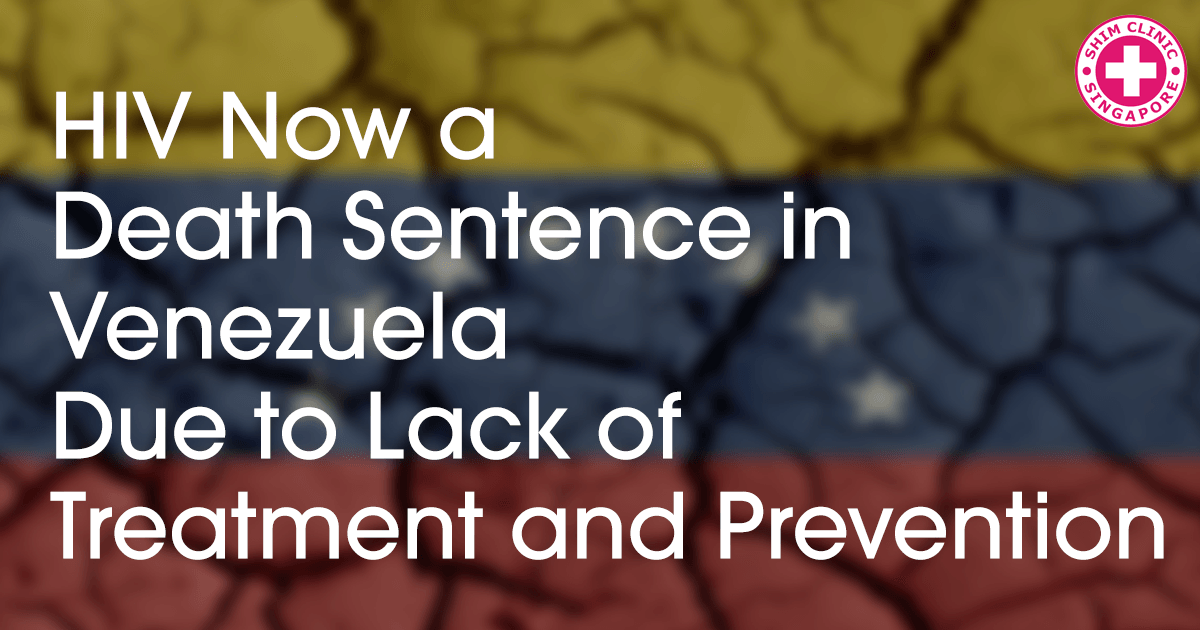HIV is no longer a death sentence. With modern medicine, particularly the Anti-retroviral treatments, one is given a chance at having an almost normal life. This new life however, is tied to these drugs.
Access to them therefore becomes fundamental. But what if you cannot get this treatment adequately?
Many third-world countries have limited access to health care. Unfortunately, these same countries also suffer the highest prevalence rates, with new cases being reported each year.
In Sub-Saharan Africa, approximately 25 million people are reported to be infected. Yet research and treatment programs largely depend on donor funding by western countries. In 2009 for instance, with the global economic crisis, such funding was reduced.
Venezuela has particularly borne the brunt of a huge economic crisis. In 1999, its government offered free, public treatment, including importing generic medicines and distributing condoms. A failing economy however meant that the government could no longer afford such programs. Rapidly falling fuel prices transformed this crisis into a humanitarian crisis.
The Result?
According to UNAIDS, in 2012, nearly 130,000 Venezuelans had HIV/AIDS, with about 11,000 new diagnoses each year. This does not put into account the accelerated deaths from AIDS, and the accelerated new infections.
With the government importing fewer drugs, patients suffering chronic illnesses are slowly dying because they lack treatment.
Doctors at Caracas University face an ethical dilemma. They not only lack ARTs, but also basic equipment such as gloves, syringes, painkillers and antibiotics. Some argue that they should not even admit any new ill patients because they cannot help them.
Maria Eugenia, head of infectious diseases laments that they have nothing to offer, but their will to help and medical expertise. The patients are even asked to bring drinking water from home!
How does this impact the patients?
For Venezuelans, this virus is literally the grim reaper, slowly and painfully leading them to their death. Patients’ conditions are getting worse by the day due to weakening immune systems as a result of lack of HIV drugs. Even the least problematic infections have become a nightmare for such patients.
This suffering is a reflection of what is affecting other infected patients. With no access to the much needed treatment, they have caught secondary infections that take a toll on them.
Mother to child transmission through birth cannot be managed. There are no means to carry out HIV tests in public health facilities. This means that under the public health system, hardly anyone can find out their status without paying for it.
For this reason, patients suspected to have the virus are queuing at hospitals each day. HIV testing has also gone done in the country because most people can’t afford to pay for the tests. The knowledge that they might not get any help should they test positive, is another reason why testing keeps declining.
It is also difficult to identify how much the virus has spread or even start treatment. Lack of treatment in Venezuela has meant that HIV is now a critical epidemic, bringing with it harsh consequences. Means of preventing infections like HIV PEP and PrEP are also no longer options. One can only hope that funding programs will rescue the country from this agonizing death sentence.

